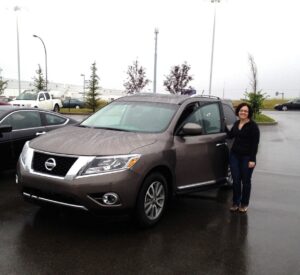 A vehicle is often a necessity; a way to get from one place to the next. It can also become a financial trap. As a depreciating asset, a vehicle loses value over time, and borrowing to purchase one adds interest costs, further compounding the financial burden of ownership.
A vehicle is often a necessity; a way to get from one place to the next. It can also become a financial trap. As a depreciating asset, a vehicle loses value over time, and borrowing to purchase one adds interest costs, further compounding the financial burden of ownership.
With rising costs, vehicle purchases and the associated loans have become a significant monthly expense for many Canadians. More people than ever before are struggling with these loans as overall debt levels continue to rise.
I’ve managed to avoid having vehicle loans for 20 years, and I want to share my story of how I transitioned from borrowing to purchasing vehicles outright.
Early Lessons: A Costly Start
My parents bought me my first car. It was an older model (it only had AM radio and crank windows—remember those?) and within a year, it ended up in the junkyard because I couldn’t afford the necessary repairs. After a few years of relying on public transportation, I purchased a used vehicle by obtaining a loan. The loan amount was small, and the payments were manageable. I focused on paying it off and succeeded within three years.
When that vehicle needed significant repairs, I sold it back to the dealership and bought a new one. Given the higher price, I had to borrow again, but I was determined to pay off the loan as quickly as possible, which I did within two years.
Breaking the Cycle
This marked my escape from the borrowing cycle. I was accustomed to the loan payments, so I redirected that money into savings. I kept that vehicle for 10 years before deciding to upgrade. This time, I bought a new vehicle with cash, using the funds I had saved.
Looking back, I realize I could have broken free from financing sooner. I didn’t always make the best decisions, but I learned and evolved, and I’ve reaped the benefits. I’m still driving that same vehicle and plan to do so for as long as I can. When it’s time for a change, I’ll be able to maintain the independence of being debt free.
Want to Break the Cycle? Consider This:
Thinking of buying or replacing a vehicle?
- Start saving now with the goal of buying your vehicle with cash.
- If you must borrow, aim to pay off the loan within three years, then contribute to a vehicle reserve fund.
Still making loan payments?
- Set aside funds for emergency repairs. You should have enough to cover an insurance deductible, windshield replacement, and minor repairs.
If you’re currently without car payments:
- Congratulations! You’re in a strong position to secure your financial future.
- Start investing a monthly amount—adjust the amount based on how soon you plan to buy. I currently set aside $500 monthly for my vehicle reserve fund.
- Consult an investment advisor to develop a suitable strategy for your vehicle reserve fund.

My newest vehicle: 11 years and counting!

